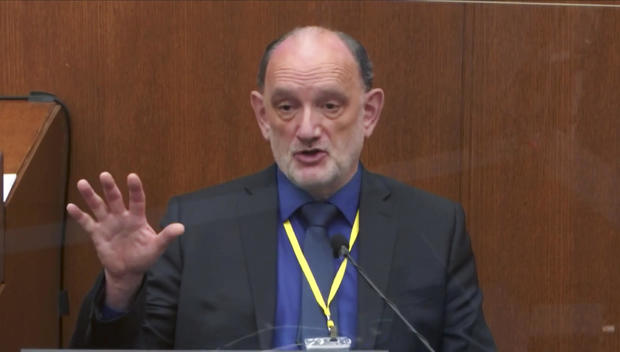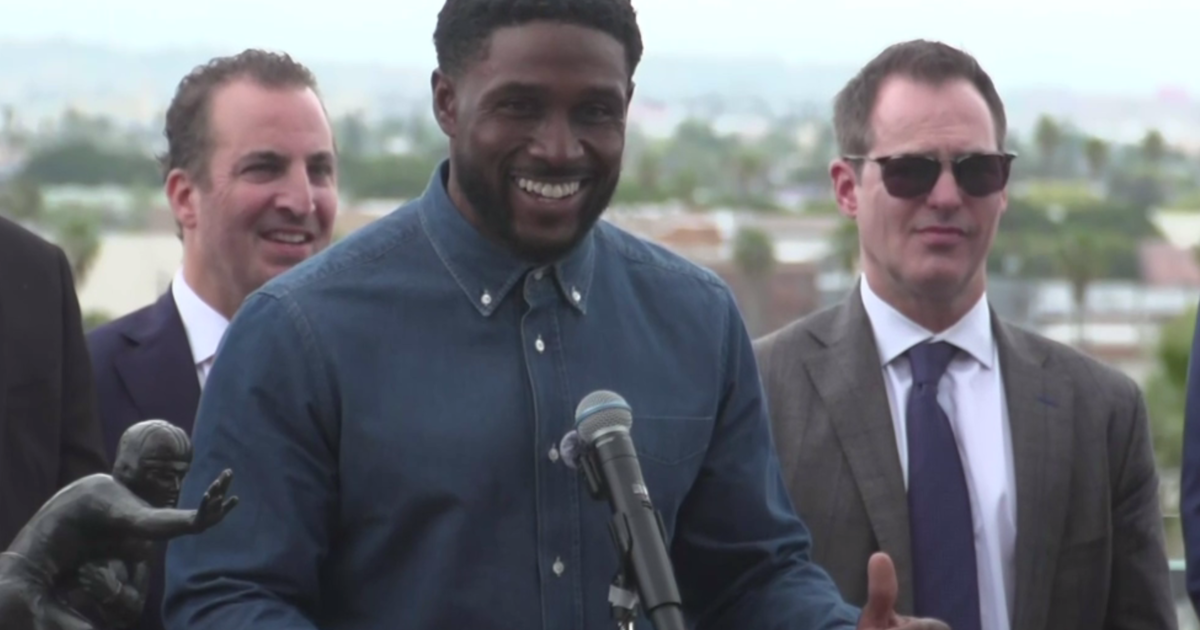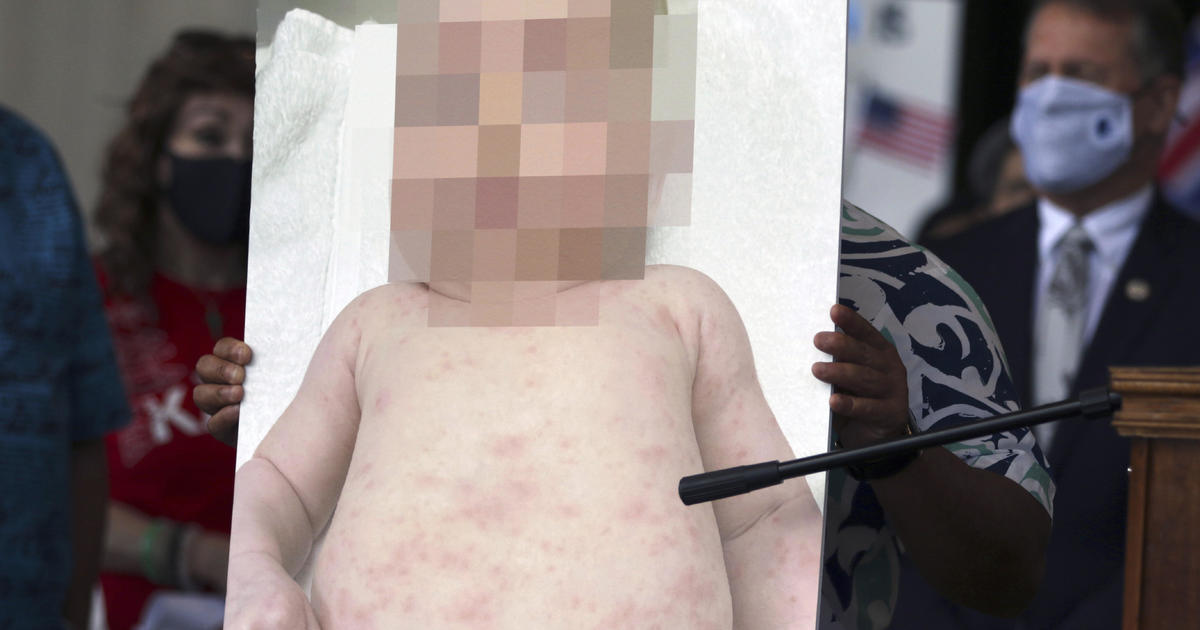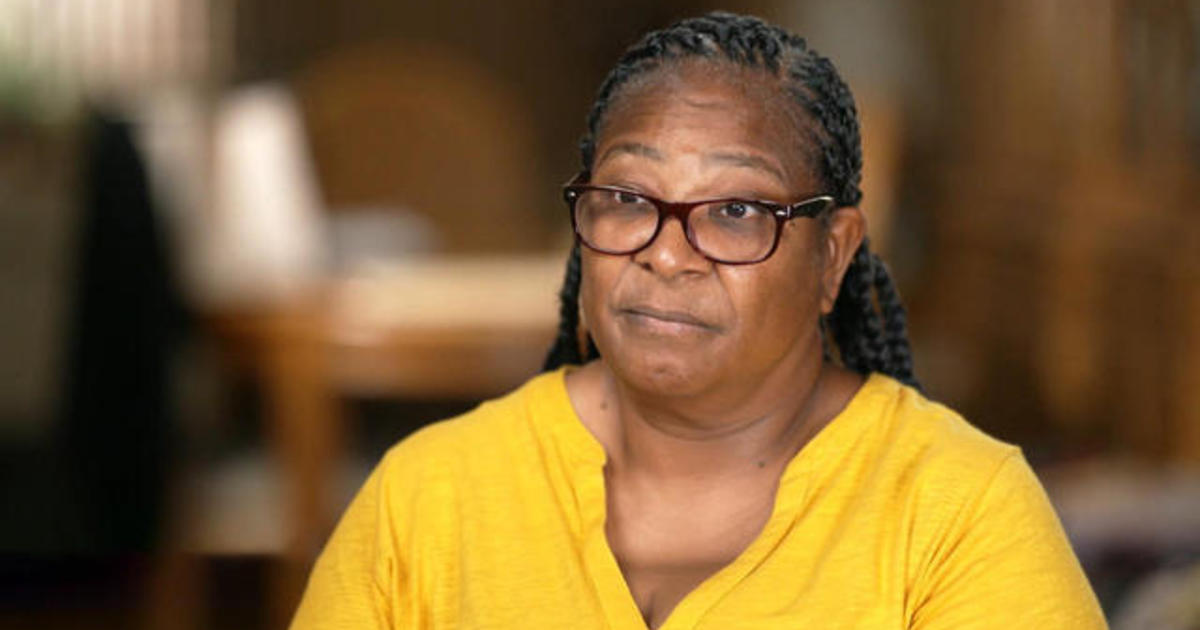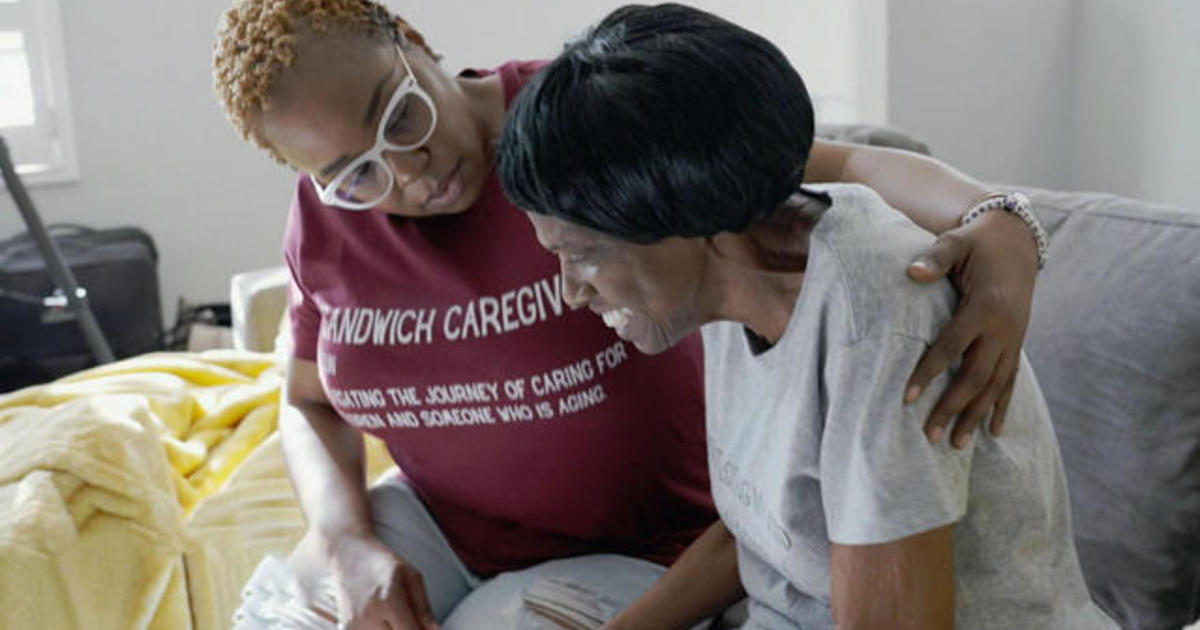He testified on behalf of George Floyd's killer. Now his decisions as Maryland medical examiner are being reviewed.
From her home in Baltimore last year, Tawanda Jones watched police officer Derek Chauvin stand trial in a Minneapolis courtroom for the murder of George Floyd. While the content of the widely televised proceedings in 2021 was disturbing, for Jones the most troubling part was the testimony of expert pathologist Dr. David Fowler.
Appearing on behalf of the officer accused in Floyd's death — documented in the infamous video showing Chauvin's knee on Floyd's neck — Fowler testified that the cause of death could not be determined: "This is one of those cases where you have so many conflicting manners," Fowler said. "So I would fall back to undetermined."
Fowler testified it was impossible to say what killed Floyd.
Jones watched in disbelief. "I wanted to knock my TV off the wall," she said.
Jones had seen Fowler sign off on a similar conclusion in the case of her brother, who died in police custody in 2013 in Baltimore after a traffic stop. As Maryland's chief medical examiner for over 17 years before leaving in 2019, Fowler oversaw more than 1,300 cases involving deaths in custody.
Outrage about Fowler's testimony at the Chauvin trial was felt both at home in Maryland and within the medical community. Dr. Roger Mitchell, who was chief medical examiner in Washington, D.C. for seven years, wrote a letter to the Department of Justice and the Maryland Attorney General's office accusing Fowler of "obvious bias" and "malpractice" in the Floyd case.
Mitchell told CBS that he felt compelled to act. "To have that type of analysis being proffered on the stand, I was appalled," he said. "I knew I had to do something."
Mitchell called for an independent review of the medical examiner's determinations in 1,300 death in custody cases that occurred during Fowler's 17-year-long tenure in Maryland. More than 400 other medical professionals signed Mitchell's letter.
"There is a culture of deciding when there is an altercation with law enforcement, that their manners of death are called accidents and undetermined," Mitchell explained, adding that prosecutors often won't pursue trying officers in cases where the cause of death was ruled accidental or undetermined.
Those questions have given rise to an unusual — if not unprecedented — review of autopsies in about 100 cases in which people were restrained and died in the custody of police or corrections officials in Maryland. In response to the letter, the Maryland Attorney General's office decided it should take a closer look to make sure the autopsy reports accurately reflected the causes attributed to the hundreds of deaths in police custody during that time period.
"When you get a letter from 400 experts saying, 'Something's wrong,' there's a pretty good chance that they have something that you should take a hard look at," Maryland Attorney General Brian Frosh said. "The big question for us was: What happened in Maryland?"
Fowler did not respond to several requests for comment from CBS News. He previously said in a statement that he is "confident that any fair review will confirm that the Office met or exceeded all applicable professional standards."
Frosh has proceeded with an audit of some 1,300 cases, utilizing experts from around the country. That effort has since narrowed to focus on about 100 cases in which someone died while in physical restraint, and the medical examiner's office found the cause of death undetermined. He said when you couple the questions about Fowler's posture on the Floyd case "with the complaints of families of people who died in police custody saying 'the same thing happened to my kid,' or 'my father,' or 'my brother' ... it becomes obvious that something ought to be looked at."
Jones believes her brother's case is among the 100 being reviewed, although neither Frosh nor others involved would confirm which cases have been selected. She says the case warrants a review.
While chief medical examiner for Maryland, Fowler had signed off on a ruling that the manner of death "could not be determined" in her brother's case. Tyrone West died in July 2013 after a traffic stop resulted in an altercation with police. According to the post-mortem report from Fowler's office, West ended up "prone on the ground," but reportedly continued to resist officers attempts "to restrain and subdue him with the use of handcuffs and baton strikes."
The struggle continued until West "suddenly became unresponsive."
"They just said that my brother had some type of health issue and died in police restraint. That was their words. And we're like, 'What health issue? Like, what are you talking about?'" Jones said. "They were covering up."
Jones and her family wanted a second opinion. An autopsy commissioned by the family concluded that her brother died from an officer's knee in his back resulting in positional asphyxia. That's the same way George Floyd died.
None of the officers in West's case faced criminal charges after an internal investigation cleared them of wrongdoing. In 2014, Jones, on behalf of her brother's estate, filed a wrongful death lawsuit and reached a settlement agreement with the City of Baltimore and the State of Maryland. Because the settlement contained a non-disparagement clause, Jones said she removed herself from the case so she could continue to speak out. She told CBS News that she did not financially benefit from the agreement, but the money from the settlement went to West's children.
Frosh, who is leaving office in January, would not confirm whether West's case was among those being reviewed, but West's sister remains hopeful that he will not be forgotten. Frosh said his reason for not confirming the names associated with cases under review is that the process must remain uninfluenced by grieving families or police officers. If any errors are found in those post mortem rulings, officers involved in those cases could be subject to criminal charges.
Frosh's successor, Congressman Anthony Brown, will take over as attorney general in January. He declined a request from CBS News to comment on the ongoing review.
